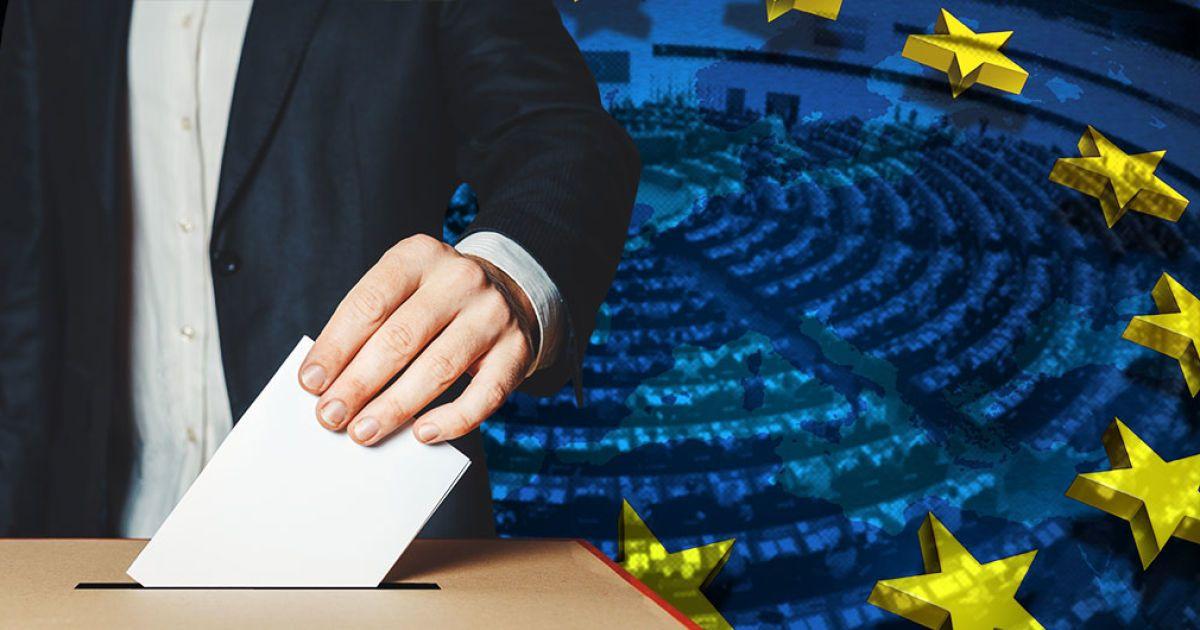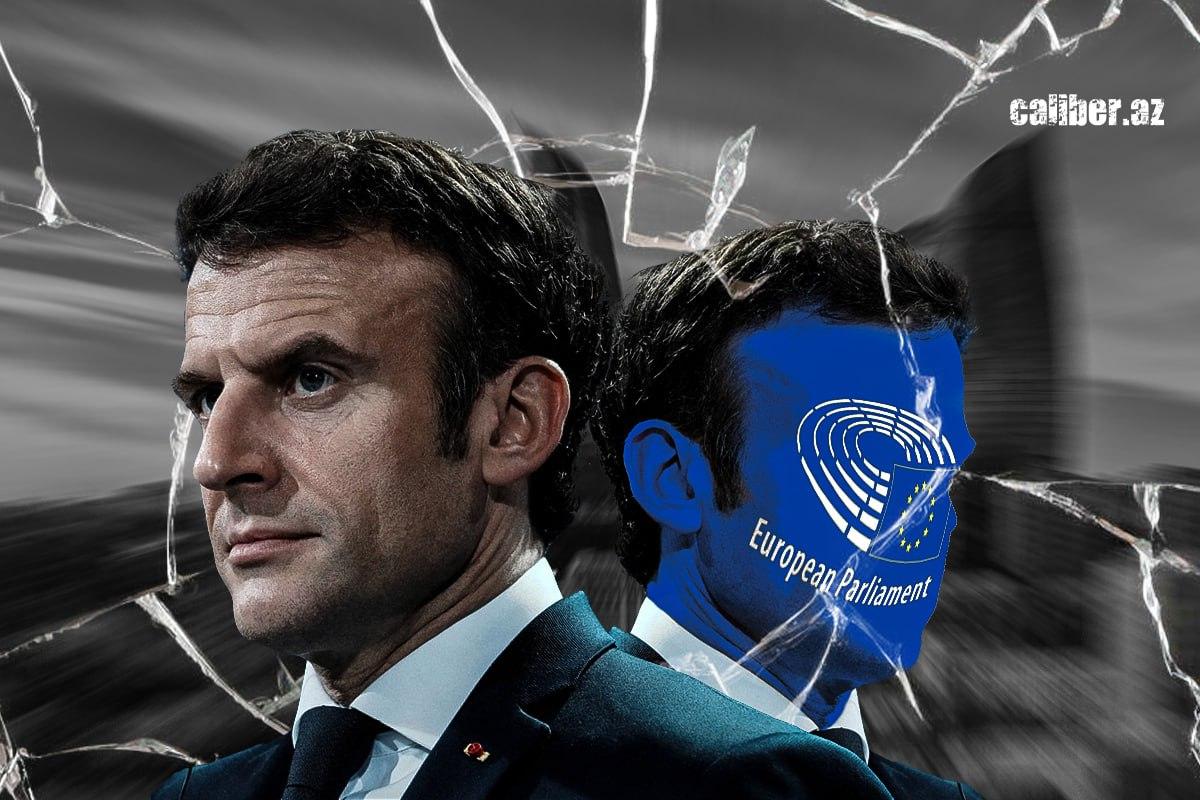French Renaissance Party faces heavy defeat Cold June for Macron as discontent grows
The influential Financial Times warns that Emanuel Macron will face the “heaviest defeat of his career” in the upcoming elections to the European Parliament. According to opinion polls, support for the French president and his center-right bloc is steadily declining among both poorer French provinces and young people. Only 4 per cent of young French people are ready to vote for the incumbent president's coalition. In total, only 16 per cent of the country's residents are ready to vote for Macron's Renaissance.
The reasons for this lie first and foremost in the socio-economic policy of the current cabinet, which seems to be guided by the slogan “take everything from the poor and divide it among the rich”. In recent years, the cost of living in France has increased many times over, and public spending is steadily declining. Macron's government is also cutting social benefits and the budgets of local authorities by any means necessary. But all these measures do not yield real results. The EU's second economy has not recovered from the consequences of the coronavirus. In the first month of 2024, its output fell by 1.1 per cent. According to Bloomberg estimates, this was the biggest decline since October 2022.
Particularly alarming was the sharp drop in the production of transportation equipment, which fell by 5.3 per cent. If earlier the country's Finance Minister Bruno Le Maire claimed that the French economy would grow by 1.4 per cent this year, he was now forced to lower his forecast to 1 per cent growth. Of course, according to the authorities, everyone is to blame but themselves: Russia, China, Azerbaijan, EU partners and the unconscious French themselves. As Macron stated, “We have never had so many external and internal enemies. Europe is experiencing, as I said a few weeks ago, a moment on which its existence depends. I really believe that Europe may die.”

Apparently, “enemies” are also lurking among close associates of the incumbent French president. In January 2024, the government of Elisabethe Borne, who took office after Macron's victory in the 2022 elections, resigned. Together with her, a number of ministers were forced to leave. According to the French media, Borne was doing a good job as Prime Minister, but she was made a scapegoat for all the economic and social failures of recent years. Thus, according to experts, the new 34-year-old Prime Minister Attal, who previously held the post of Minister of Education, should compete with 28-year-old Jordan Bardella from the National Rally.
However, the French are concerned not only about socio-economic problems. It seems that failures are following Macron literally in all areas. 70 per cent of the country's population believe that the government is not coping well with the problem of ensuring security in the country. This is evidenced by the anti-colonial uprising in New Caledonia, which resulted in street battles, and the recent escape of two dangerous prisoners in the best traditions of Hollywood action movies, resulting in murdering of two guards. According to Jordan Bardella of the opposition National Rally, “we know that public order, no longer enforced [by the state], is of great value, and French society can be overrun by widespread and uncontrollable violence.”
Macron has nothing much to boast about in foreign policy either. As a result of a series of uprisings and military coups during the last president's rule, France began to rapidly lose its position on the African continent, and the system of economic control and political domination that had been in place since the time of Charles de Gaulle collapsed in just a few months. In an attempt to divert the attention of his fellow citizens, Macron has tried to intensify French policy in Ukraine and the South Caucasus, but here too, risky military and political adventures are not finding support among voters. 70 per cent of French citizens disapprove of sending NATO troops to Ukraine. In desperation, Emmanuel Macron played his last card by meeting with German Chancellor Scholz, but the once dominant Franco-German alliance in Europe has already lost its former credibility, and the media ironically called the meeting between the two leaders a “lame duck session”.

At one time Macron came to power under the motto of “sovereign Europe,” but today no one remembers this anymore. Who will the centrist vote go to? France's left-wing parties are divided. On the one hand, the Socialist Party has nominated Raphaël Glucksmann as its candidate. The Greens formed their list under the leadership of MEP Marie Toussaint. The Communists were represented by Léon Deffontaines, who has been appointed Communist leader for the 2024 European elections. All these organizations sharply diverge in their views on the European Union and the current foreign policy of France. According to experts, the undisputed favorite of the elections is the National Union of Marine Le Pen.
The Financial Times notes that “such low confidence [in the government] is fertile ground for the far right and other opponents of Macron.” The French right-wing has already won the 2019 European Parliament elections with 23.34 per cent of the vote. Now Marine Le Pen's party is projected to increase its electoral potential by a third and get about 30 per cent of the French vote. Many French publications write that the results of the elections to the European Parliament, which are likely to be won by Euroskeptics and right-wing radicals, will be a kind of “vote of no confidence” in the current government, a protest vote that will call into question the current status of the master of the Elysee Palace.
The views and opinions expressed by guest columnists in their op-eds may differ from and do not necessarily reflect the views of the editorial staff.








